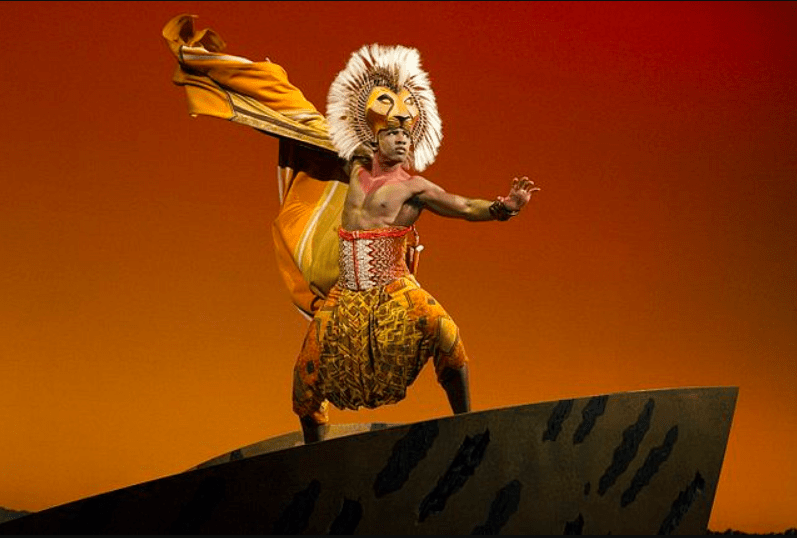The Grinch has been brought to screen life before, depicted, in a wonderful marriage of professional villainy, by the voice of Boris Karloff in the cartoon "How the Grinch Stole Christmas!" The 1966 television special was faithful to Dr. Seuss' text, with the exception of the addition of a few musical numbers, and as these things go, it was fine. Not "A Charlie Brown Christmas"--and still inferior to the book--but a nice way for kids to spend a half hour during the holidays, and modestly in keeping with the story's message.
Now Ron Howard has made a live-action version of the Dr. Seuss classic with "The Grinch." The result is garish. Howard seems to have morphed into Tim Burton's good twin, mixing the aesthetic of Burton's "Batman" with the ambiance of "Willy Wonka and the Chocolate Factory." The sets are fantastical, the make-up and costumes are the stuff of fairy tales, and every detail down to Anthony Hopkins' voice-over narration is nearly perfect.
But because he needs to fill 100 minutes, Howard draws out a ridiculous back story for the Grinch (played by Jim Carrey) and an entire subplot concerning the mayor of Whoville (Jeffrey Tambor). Howard also has problems with his star. Carrey makes a good Grinch most of the time, but he feels the need to remind the audience that underneath all of the make-up and green fur is the man who made "Ace Ventura" a hit. The result is that every five minutes, like clockwork, we see a vintage Carrey-isms. He talks out of his butt, he prances, he mugs, he flips in and out of different agitated voices. It is a testament to the power of stardom that not even a top-level director like Howard can rein in someone making $20 million a picture.
The exception is little Cindy Lou Who (Taylor Momsen), the only Who who is pure of heart, and the one who ruins the logic of Howard's newly burdened plot. Children's stories that make a fetish of the moral purity of children are headed for trouble of the worst kind. These tales portray all adults as corrupt, all children as innocents, and all true knowledge as emerging from the mouths of babes.
In the real world, of course, we know that this is nonsense. Children are savages who, left to their own devices, are often quite cruel. It is the proper role of adults to civilize children, to impart morality to them. Morality does not come naturally, because it involves self-sacrifice. The ideal to be celebrated is what the French philosopher Paul Ricoeur calls "second innocence." And the notion of second innocence is implicit in Dr. Seuss' original "How the Grinch Stole Christmas." The adult Whos, who have found it, embrace the Christmas spirit and teach it to all the little Whos, including Cindy Lou. But in Howard's movie, only young Cindy Lou understands the real meaning of Christmas, and it is up to her to enlighten both her elders and the Grinch.
"How the Grinch Stole Christmas" is fantasy to begin with, but Dr. Seuss tempers that fancifulness by giving it some morally serious underpinnings. Ron Howard's movie panders to the moral vanity of children and the adults who idolize them. "The Grinch" is a fable without a soul. And instead of being funny or joyous or heartwarming, it is mildly grotesque.

